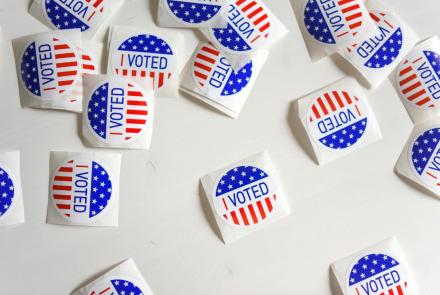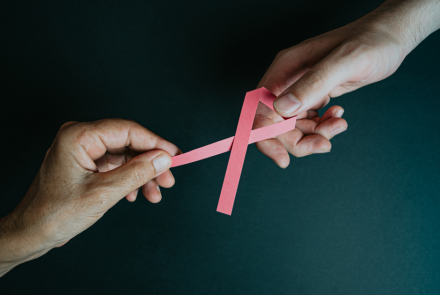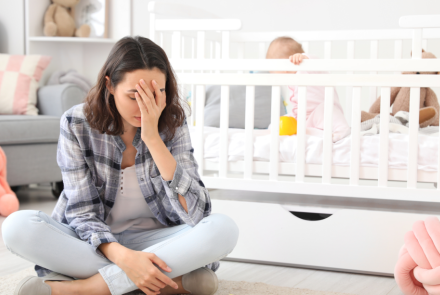If you are 65 or older, there are three vaccines you need to protect you against influenza, pneumococcal disease and shingles.
“At this time of year, we talk to all of our patients about getting vaccinated for the flu,” says Charles O’Dowd, MD, an internist at Clarkstown Medical Associates in New City, NY. “With our patients 65 and older, we use this as an opportunity to make sure they’re up to date on their other vaccinations, too. All three of these diseases are preventable by vaccines, and all can be quite serious—in the case of influenza and pneumonia, potentially fatal.” If you need all three vaccines, Dr. O’Dowd says it’s safe to get them at the same time if you want to avoid a repeat visit to the doctor.
Influenza
Flu vaccination can reduce illness from flu and prevent flu-related hospitalizations and deaths. According to the Centers for Disease Control and Prevention (CDC) during recent flu seasons, deaths have ranged from a low of 12,000 (during 2011-2012) to a high of 56,000 (during 2012-2013).
For people 65 and older, a high-dose flu shot is recommended. “Once you’re 65, your immune system requires a higher-strength vaccine to get you to a protective level,” Dr. O’Dowd explains. You need a new flu shot every year to match that current year’s circulating flu strain. The CDC recommends you get a flu shot as soon as it’s available, and by December at the latest. Flu season usually peaks between December and February, but activity can last as late as May.
Dr. O’Dowd emphasizes that you can’t get influenza from a flu shot. “The injectable flu vaccine uses a killed virus, so it can’t be transmitted,” he says.
Pneumococcal Vaccine
The pneumococcal vaccine protects again pneumonia and meningitis. The CDC estimates that about 900,000 Americans get pneumococcal pneumonia each year, and about 45,000-63,000 die from the disease.
A person 65 or older should have a series of two pneumococcal vaccines a year apart. No further pneumococcal vaccines are needed after that. Some people with certain medical conditions should have a pneumococcal vaccine earlier. These include people:
- With chronic illnesses (chronic heart, liver, kidney, or lung [including chronic obstructive lung disease, emphysema, and asthma] disease; diabetes; or alcoholism)
- With conditions that weaken the immune system (HIV/AIDS, cancer, or damaged/absent spleen)
- With cochlear implants or cerebrospinal fluid (CSF) leaks (escape of the fluid that surrounds the brain and spinal cord)
- Who smoke cigarettes
Shingles
Shingles is a painful rash that usually develops on one side of the body. The rash forms blisters that scab over in a week to 10 days. Shingles usually clears up within two to four weeks. In some people, the pain can last for months or even years after the rash clears up.
The shingles vaccine reduces the risk of developing shingles and the residual pain. The CDC recommends that people 60 and older get the vaccine. Shingles is caused by the same virus as the chickenpox. The CDC advises everyone over 60 to get the vaccine whether or not they recall having had the chickenpox. According to the CDC, studies show that more than 99% of Americans aged 40 and older have had the chickenpox, even if they don’t remember getting it.
If you’ve already had shingles you can still receive the vaccine to help prevent a recurrence. You should wait until the shingles rash has disappeared before getting the vaccination.
Certain people should not get the shingles vaccine, including people with a weakened immune system because of:
- HIV/AIDS or another disease that affects the immune system,
- Treatment with drugs that affect the immune system, such as steroids,
- Cancer treatment such as radiation or chemotherapy; or
- Cancer affecting the bone marrow or lymphatic system, such as leukemia or lymphoma.
Getting vaccinated protects you and the people around you, Dr. O’Dowd notes. “By getting vaccinated, you’re protecting both yourself and the entire community,” he says. “Some people, such as very young babies and certain people with chronic illnesses, can’t be vaccinated. The more people who are vaccinated, the more protected they are. And if you’re planning on visiting your infant grandchild this winter, you’ll be helping to prevent them getting sick by being vaccinated yourself.”






